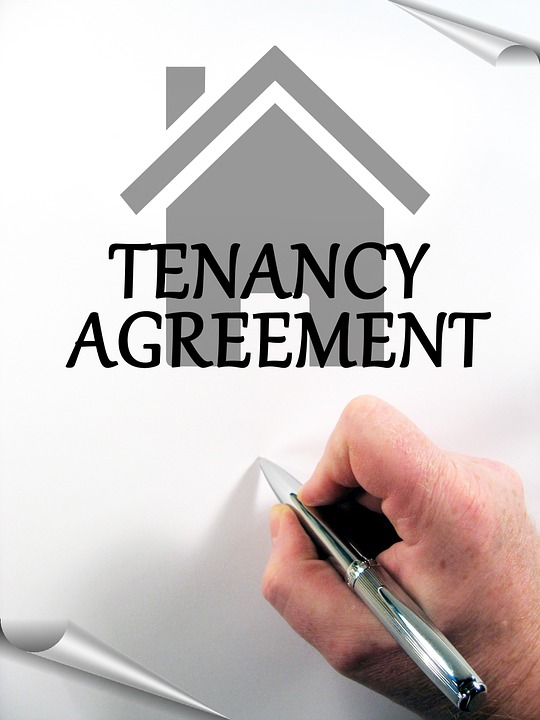Essential fundamental rights that tenants and landlords need to know.
By Abhay Shah, Realty Quarter

People who reside in rental housing often experience conflicts with their landlord over minor stuff. Therefore, it is vital to understand what are the tenant rights, as well as the landlord’s rights. To reside in harmony, both parties must respect these rights.
Regular things a landlord should provide to a tenant are as follows:
The most fundamental requirements that a landlord (licensor) should provide under the Common Leave and License Agreements include:
1) Precise information about the licensed premises, such as property size, parking space accessibility, etc.
2) Willingness and cooperation to duly stamp and register the leave and license agreement at the department of the sub-registrar.
3) Use and occupation of the licensed premises without interruption.
4) Clear right, title and interest to license the licensee to use the premises and to enjoy them.
5) Licensee safety and privacy, to use and appreciate the licensed premises.
Tenants should check and notice the apartment for flaws by taking a picture to share with the landlord. They should confirm that the plumbing facilities in the apartment (including water pressure), electrical installations and other arrangements are in a functional situation. Also, some tenants ask the landlord to repaint the walls before moving into the apartment.
When should the landlord be given the deposit?
“Usually the deposit is an advance provided to the landlord by the tenant as safety while moving into the rented apartment. The purpose of the deposit is to protect the landlord in the event of any damage or otherwise in the event of the tenant’s failure to pay. The deposit payment duration is generally specified in the landlord agreement. Typically, the deposit includes administrative charges. The agreement should specify any basis for deduction from the deposit. After completion of the tenancy period, the deposit is transferred to the tenant, provided there are no deductions applied.
Who bears the cost of rental home repairs?
Experts say that ideally all expenses resulting from wear and tear and structural harm caused to the licensed premises should be borne by the licensor because of the monthly license charges they enjoy. Most parties, however, come to an understanding by which the licensor carries the cost of all long-term structural harm, while the licensee carries periodic wear and tear.
In what conditions can a landlord ask the renter to leave the property?
Under two circumstances, a landlord can ask the tenant to vacate:
1) Eviction with a reason and
2) Eviction without a reason
“Landlords can allow the tenant to look for alternative accommodations during the pre-defined notice period, in the case of eviction without a reason. In most cases, the reasons for eviction could be the following:
1) Constant delay in the rent payments done by the tenant.
2) Violation of a term or a condition specified in the agreement.
3) Serious damage to the leased property.
4) Illegal activities on the rental property.
Rental Increment:
Rent increase is completely up to the understanding that has been achieved between the licensor and the licensee. Strictly as required by law, there is no limit to such a rise and the licensee must negotiate and settle on reasonable terms with regard to the rent increase.



















































































